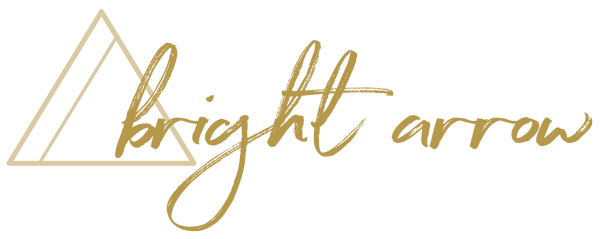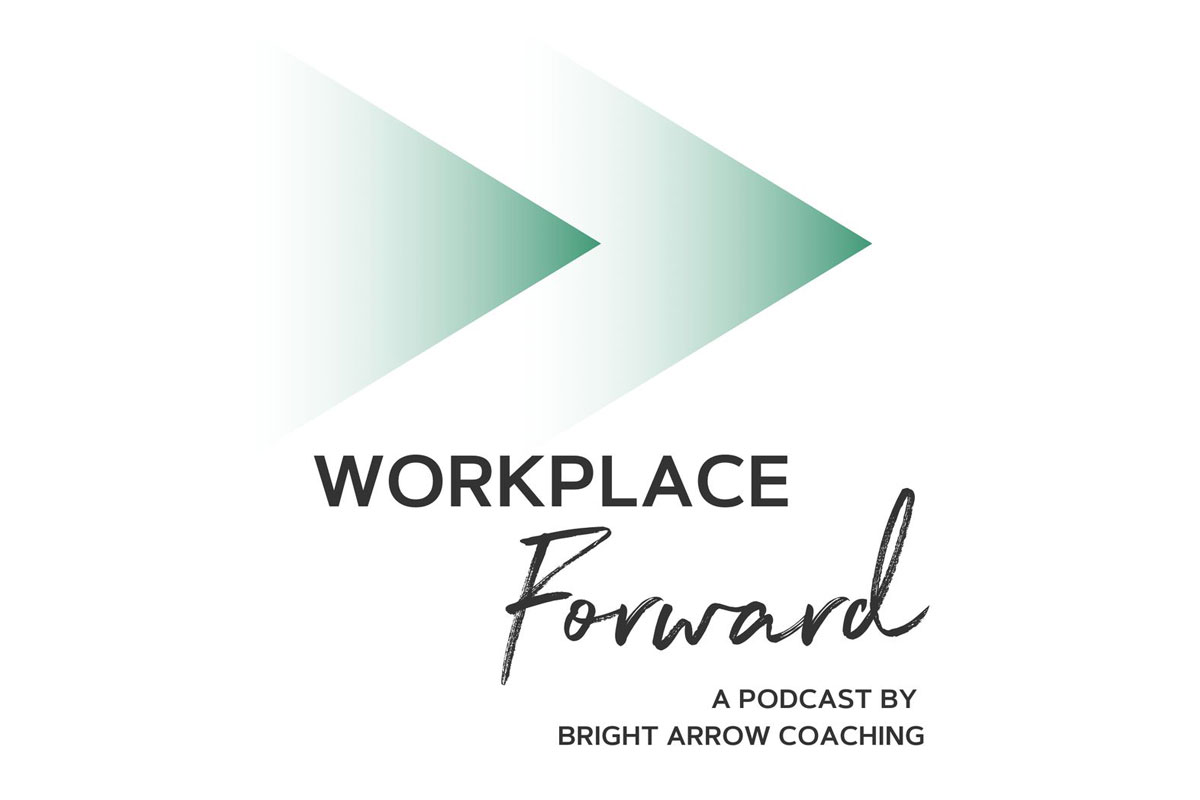At this time of year, I write a blog about my approach to annual planning and give you ideas on how you might go about planning too. If you have ever listened to an episode of the Life & Leadership podcast, or read anything I’ve written, you will pick up on the fact that I’m a planner. Not only do I plan, but I love the process of planning and goal setting. I nerd out on the collection of questions, tools, and templates I’ve amassed over the years. I relish the opportunity to reflect periodically on my progress towards my plans. I am unashamedly over-the-top about my love for reflection and planning ahead.
Well, friends, here’s the thing about planning for a year that is destined to be unpredictable. YOU CAN’T. Too much planning leads to grasping and clinging to ideas and experiences that are out of our control.
As always, when something falls away, a new opportunity emerges. What has rooted in place of my annual plans and goals are intentions. An intention is a loose plan or an aim. Here is an example of a goal translated into an intention:
Goal: I will read six leadership books this year.
Intention: I seek out opportunities to expand my leadership acumen.
Because many of us are working full-time without childcare, or have become full-time teachers/caregivers to our kids in addition to delivering on work requirements that have increased, I am sharing a simplified version of reflection and intention setting. Perhaps you tackle one question every couple of days. Whatever keeps this light and enjoyable; giving you energy rather than depleting it.
Reflect
What I know as a result of 2020 is:
My greatest teachers in 2020 were:
Set Your Intentions for 2021
My intention for my personal development is:
My intention for my health is:
My intention for my business/career/professional development is:
My intention for my spirituality/connection to something greater than myself is:
My word of focus for the year is:
Personally, I have drafted a short list of intentions. This will be a year of staying loosely attached to an articulation, vision, or desire for specific outcomes and instead, living in the moment more than ever. This is a continuation of my personal development from this year. My word of focus for 2020 is Non-Attachment. I chose that word because I was preparing to have a baby (our first). I had no idea what I would feel like, who I would become, or when I would be ready to dive back into my work at my usual pace. I felt so paralyzed by my inability to control the unknowns that I was forced to focus on not being attached to them. I had no clue that thanks to a global pandemic, I would be working on an expert practitioner badge for the practice of non-attachment. And so, my work on this will continue into 2021. Honestly, this is such a tough one for me that it is deserving of a second year of focused practice.
Even my ability to plan has been forced to evolve this year. There will be no weeklong sabbatical in a hotel where I relax, reflect, and scheme. My entrepreneur friends, who I usually spend a lot of that time with (sharing ideas and challenging each other) have also been swept into the current of “I’m just trying to survive e-learning and working right now.” I have added planning to the list of things I am mourning this year. RIP.
Part of me feels energized and even relieved by the idea of living in the moment next year. And a really big part of me (which is deeply wired by decades of repeated behaviors) is extremely uncomfortable with the idea of not being able to derive satisfaction and joy from delivering on my pre-defined, very specific vision. And THIS will be my greatest opportunity for growth; finding joy in the moment rather than upon completion of a goal. Heck, maybe I will even discover that my planner nature has been a prison all these years! I will let you know in next year’s annual planning (or non-planning) blog.
What this means for your business: As leaders, we DO have to create some kind of plan in our businesses. Our people need us to light the path even if right now we can only see a few feet in front of us. With all the aforementioned ambiguity and unpredictability in mind, I would ask you to decide now what kind of leader you want to be when people fall short. How will you support people who are overtaxed, overextended, and exhausted? How will you manage your own internal dialogue about your performance in these circumstances?
Love this post? For a regular dose of empowerment delivered right to your inbox, sign-up for Bright Arrow Digest here.









